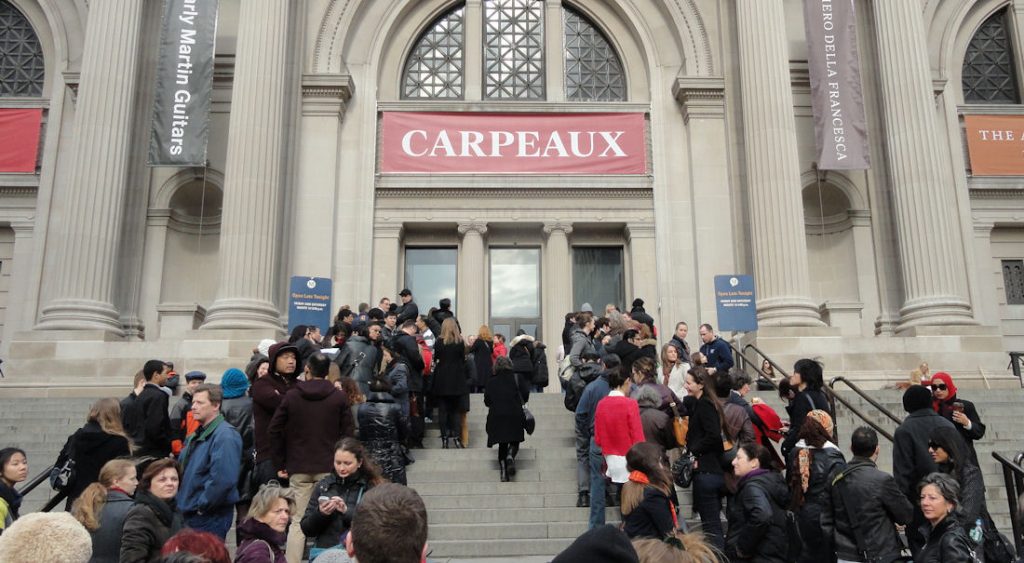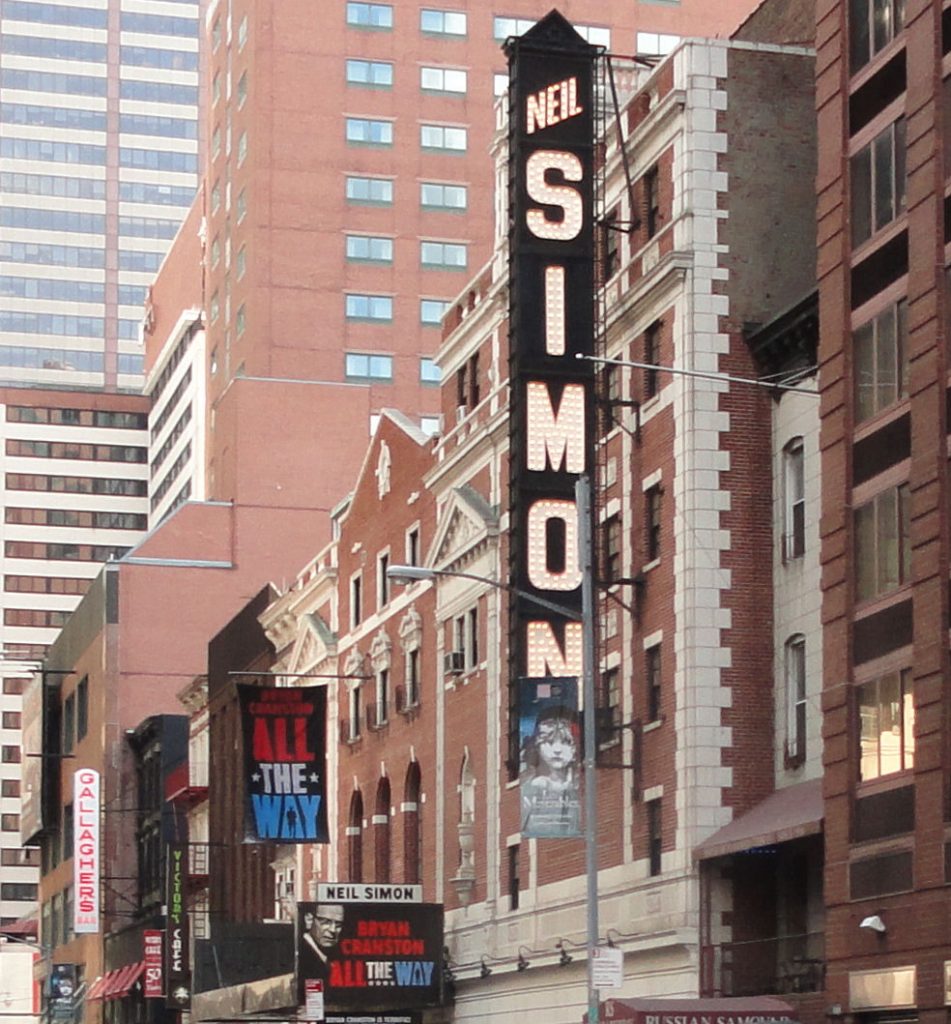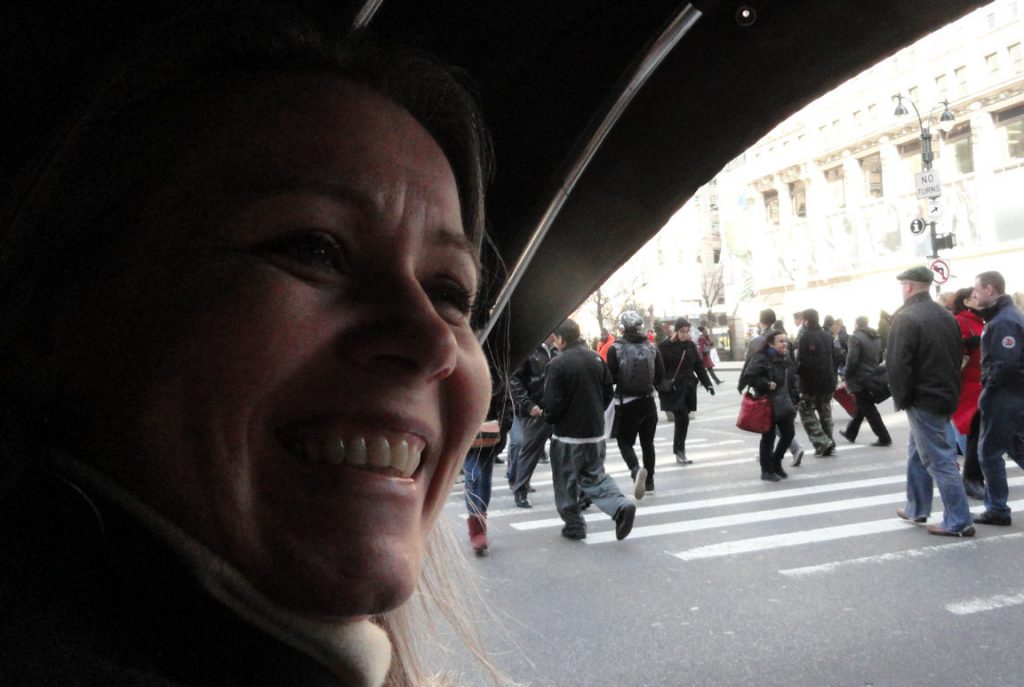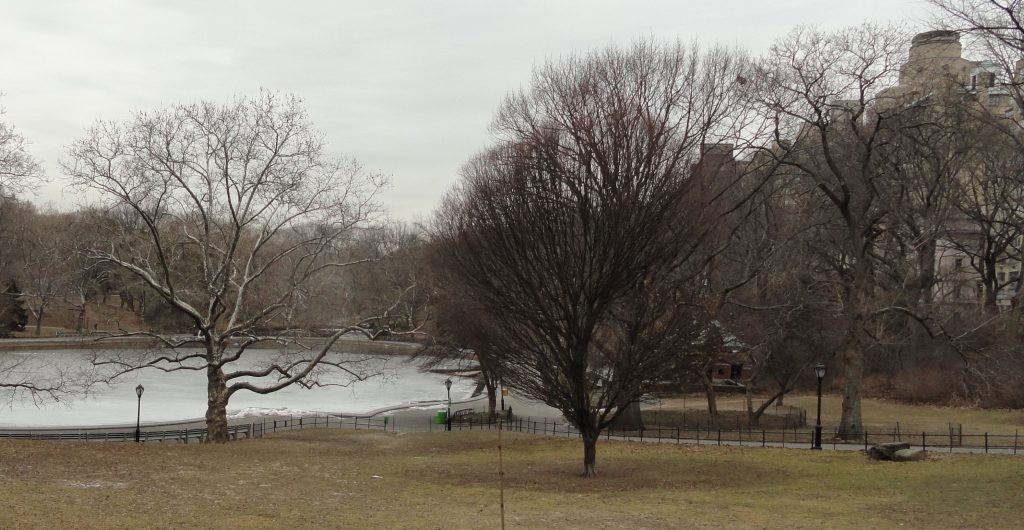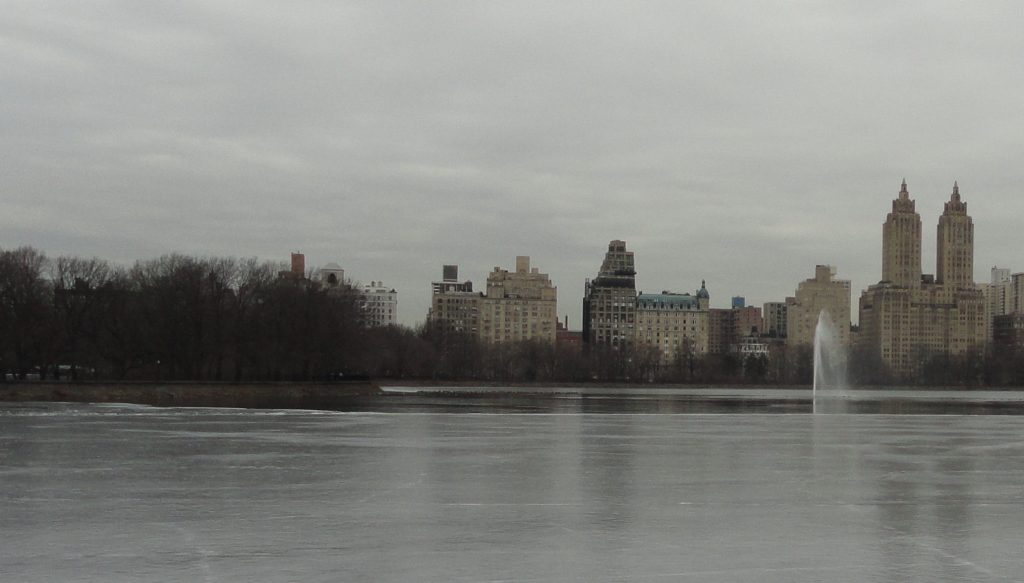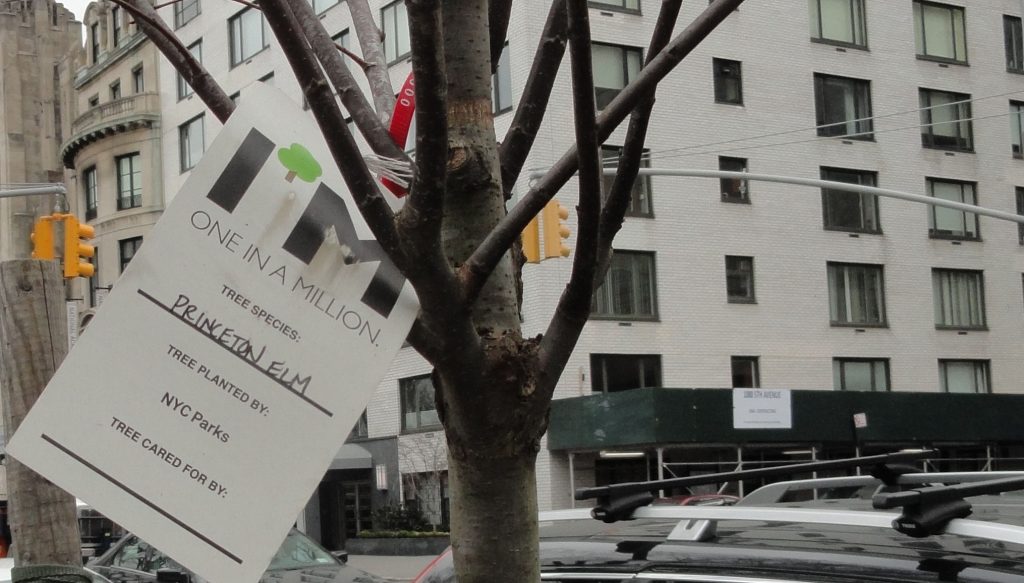Freakonomics radio asks whether it is worth it to study a foreign language and answers yes for people learning English but no for Americans learning other languages. At the risk of being called an apostate, except in specific situations like my own I have to agree, but with different reasons.
My experience with foreign languages is mixed. When asked what languages I speak, I always say “only one, Portuguese.” I also SPOKE Polish, Norwegian & German and I read Latin & Greek, but those things are gone like the snows of last winter. I can bring them back, as I did Portuguese, but not easily.
It is sad. I love to speak Portuguese. It is a beautiful language, especially the Brazilian variety. It truly is a joy to speak. But I know that by this time next year, my once fluent Portuguese will be ragged and then end up like my 3+ Polish … gone for all practical purposes. I can promise myself, as I always do, that this time it will be different, but it won’t. Some people are multilingual; most are not and a significant number cannot really even learn one second language well. And almost nobody can maintain a language w/o more time and effort than most of us can afford.
Freakonomics figured the economic value of a second language and found a low marginal value. It varies by language. Something like Spanish, which is common among Americans, gives little economic value. Others do better. I bet Portuguese is a more valuable language for Americans, since it is not too hard or too common. But there are opportunity costs. Language learning takes time that you might use for other things.
I studied classical Greek and I am still glad I did (don’t ask me why). But the way I learned Greek is exactly the same way I learned math. Study, repeat, study, repeat … it takes time. If I spent that Greek study time and mental energy on math or engineering, might it not be better for me? I could have passed through differential equations in that time. Language is a kind of luxury. I indulged my habit because I could. You can well argue for the humanities and languages. I do. But I got TOO good at Greek. One year would have given me enough insights. And I forgot it all now anyway.
English is the exception (Of course, that doesn’t apply to us) because it is so useful. In all human history, no language has so dominated the globe as English does today. We Americans are lucky that we speak English, but it presents us with a dilemma in that we have less incentive to learn other languages. And if we do choose to learn another language, it is hard to choose which one. After English, there is no slam-dunk choice.
As a diplomat, I demand of myself and my colleagues that we used the language of the country, but that is not always so easy. I used to speak Norwegian reasonably well. But after a while, I couldn’t get better. Norwegians would indulge me and speak to me in Norwegian for a few minutes. Then they would just get sick of it and go to English. A good thing about Brazil is that this happens less frequently, but give it a few years. I recall when I first went to Poland. People did not speak English very much and I had to use Polish all the time. A few years later, that had changed. I ended up having my most intense conversations with my driver, Bogdan. The Poles “enjoyed” my “fluent” Polish, but sometimes told me that I used words like a peasant. Thanks, Bogdan.
If we are learning language as an academic exercise, which most Americans really are if we admit the truth, the language to learn, IMO, is Latin. Latin has the world’s richest and most diverse literature (although English is catching up) because – like English – it was a world language, albeit a smaller world. People from lots of different cultures and background wrote in Latin and they did so for more than 2000 years, so we have a real time perspective. It also makes Latin descended languages easier, if you need to learn one of them.
I think it is a good thing to learn languages for spiritual or humanities reasons (this coming from a guy who studied very relevant Latin & Greek) but as for it being necessary or even very useful … the world is learning our language faster than we can learn theirs.
PS – When I was studying Greek & Latin, the things I wanted most were books called Loeb Classics that featured the classical language on one page and English on the opposite. Now that I am better off and can afford them, I bought a couple from Amazon. I tried Greek – Polybius – that I used to know well. It was all Greek to me. I couldn’t make out two words. I gave up. I bought Latin – Lucretius. I could kind of guess at Latin, but mostly because of Portuguese. I gave up on that too. I still have the books and revere them as a kind of fetish. But they would be more useful w/o the Greek or Latin.

